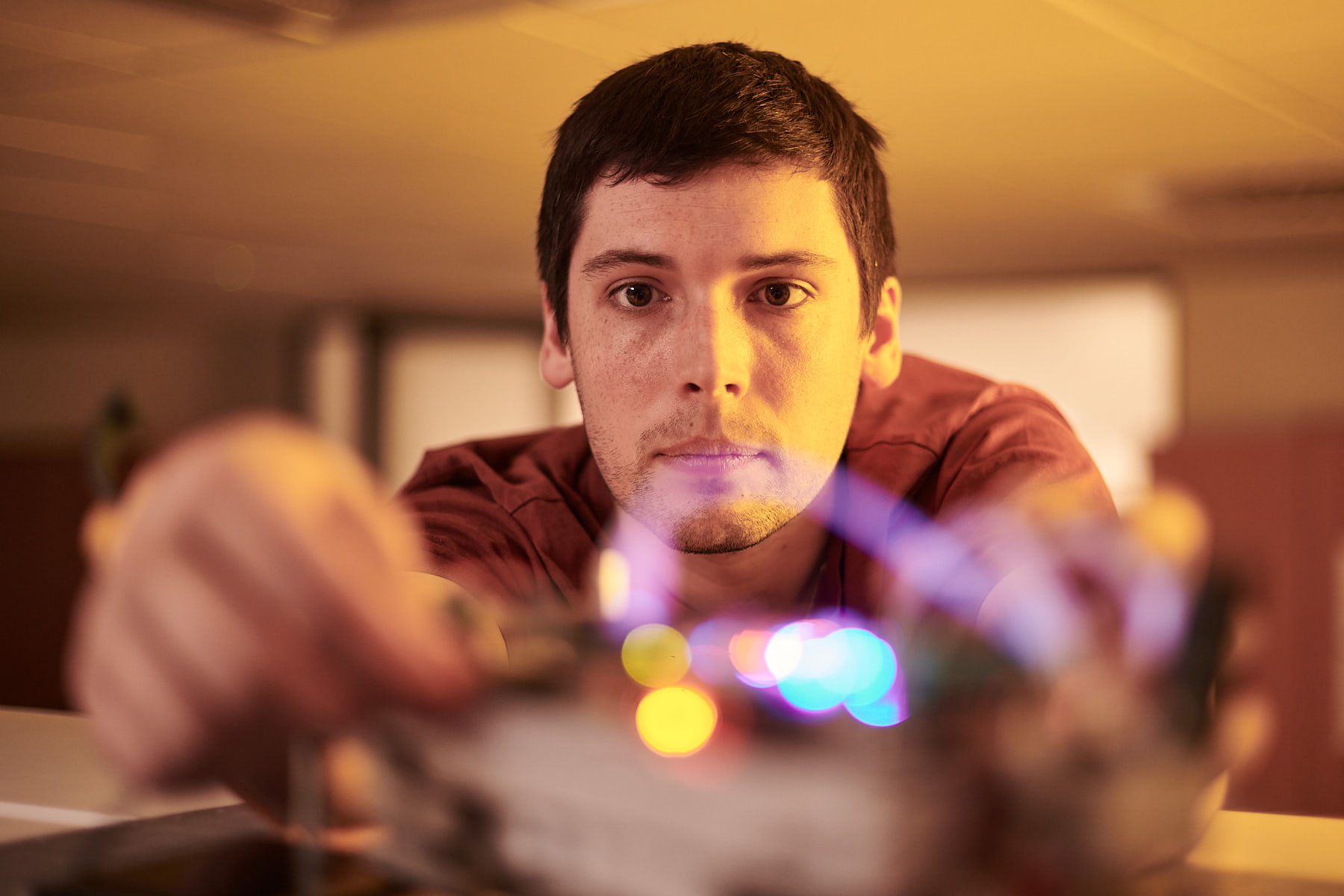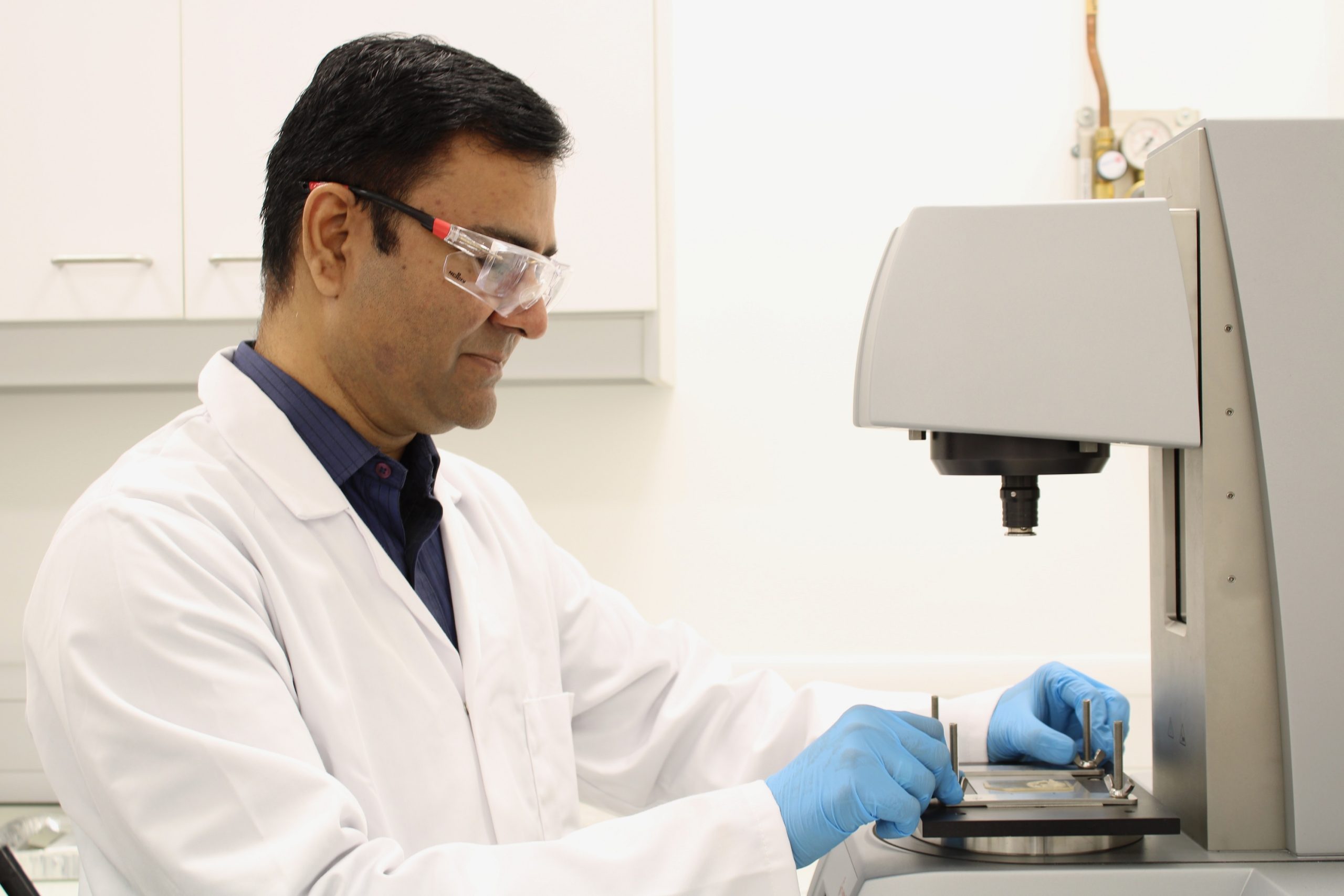CONTACT
Thanks for your interest in Science Creates. So we can get you to the correct team member, please tell us what you are looking for?
From agriculture and medicine to the invention of robotics and satellites, engineering shapes the world around us by pushing boundaries and accelerating solutions which enable a better future.
Engineering is at the heart of the technologies that will help us to achieve and maintain global sustainability. Today’s World Engineering Day for Sustainable Development champions the crucial role that the field plays in human welfare and the development of modern life –particularly in mitigating the impact of climate change and advancing sustainable development.
Sustainable development is core to Science Creates’ mission of supporting start-ups working to improve human and planetary health, making us the proud home to a number of advanced engineering start-ups working at the cutting edge of innovation. All venturing to solve some the world’s biggest challenges with disruptive technologies, these start-ups have the potential to transform our future whilst supporting sustainable development. Delivering a broad spectrum of groundbreaking and sustainable impact across a diversity of systems and industries, are:
Reach Industries’ mission is to create the lab of the future through an innovative intelligent platform that helps to streamline processes and operations –from research to production environments. Their platform, called Lumi, uses the combined power of computer vision, voice and machine learning to collect, collate and analyse operational data safely and efficiently. This removes the need for data management tasks and lets scientists focus on the science, while increasing reproducibility.
By speeding up research and development, robotics and automation tools can lead to quicker innovation cycles in sustainable technologies.
VyperCore is a technology company that specialises in developing advanced processor technology to enhance computing performance up to 10 times without requiring any changes to the software or application code. This breakthrough is achieved through their innovative approach to managing computer memory, enabling software to run more efficiently. This technology is particularly beneficial for software written in modern programming languages such as Python and C#, especially in places where a lot of data is processed.
The growing digital economy presents a set of environmental challenges related to energy consumption, waste and the advanced computer capability required in sustainable technology deployment –all of which will need to be addressed with more efficient processor technologies like VyperCore’s.

STL provide engineering and technology support to bring ideas from scientific technologies from bench to functioning prototypes or products. They work with companies at all levels –from startups to multinationals– applying structured engineering processes that can be decisive in navigating the development of technologies from basic concept to prototype demonstration in relevant environments.
One of STL’s strengths in accelerating innovation across industries is their expertise in automating complex processes that would usually bottleneck technologies, limiting their scalability and growth.
From telecommunications to robotics, medical devices or the energy sector, advanced engineering solutions are at the centre of all industries relevant to global sustainability.
Delta.g is on a mission to see the unseen, mapping underground spaces by developing sensors that can accurately detect and map subsurface features –just like the Google Maps of the underground.
Gravity gradiometry is a technique used to measure variations in the Earth’s gravitational field. While useful, traditional gravity gradiometry methods have a limited range and resolution, can provide inconsistent readings in certain conditions, and can take long to deploy –becoming prohibitively expensive.
Delta.g’s quantum technology gravity radiometry sensors can map complex underground features avoiding current challenges of traditional methods and achieving faster, more reliable and scalable readings that could make projects more time and cost-effective. This practice supports sustainable practices in many areas, including resource exploration, infrastructure development and urban planning, environmental monitoring, and disaster prediction and management.
Microsol is focused on digitalising the formulation development process for respiratory drug delivery and providing platform formulation technologies, using high-precision measurement technologies and advanced computations models.
The company’s suite of single-particle measurement tools allows closely studying aerosol properties over time, from sub-microsecond to multi-day timescales. These tools measure a range of properties including how aerosol particles evaporate, absorb moisture or change shape over time, and allow understanding and optimising the behaviour of particles in different environments, which is essential for drug delivery to the lung.
More efficient formulation processes lead to more efficient and sustainable manufacturing processes –saving not only time and resources but supporting the development of optimally performing products, reducing the development timelines of innovative new therapies, and reduced environmental impact.

NuNano is a UK-based company specialising in the design and manufacture of probes for atomic force microscopy (AFM) and cantilever-based sensor devices.
An AFM probe is a critical component of an AFM system which is used to generate images of surfaces at the nanoscale or to measure various properties such as topography, mechanical properties (like stiffness or elasticity), electrical properties, and more. It allows for characterising surfaces with high resolution and under a variety of environmental conditions, including in liquid or gaseous environments, which is not possible with many other types of microscopy.
More application-specific AFM probes can drive innovation in sustainable technology by enabling greater precise and efficient research at the nanoscale. This can facilitate the development of materials and technologies that are more environmentally friendly, energy-efficient, and effective in monitoring and mitigating pollution, thereby contributing to global sustainability efforts.
Zentraxa has developed an innovative, universal approach to peptide synthesis that overcomes some of the limitations of traditional methods, making the process more sustainable and customisable to the needs of different industries.
Composed of chains of individual amino acid building blocks, the characteristics and behaviour of peptides are determined by their exact amino acid sequence. By engineering this sequence, the functionality and qualities of the peptides can be controlled and fine tuned, making them the perfect ingredients in many areas. Zentraxa’s biomaterials’ biocompatibility, biodegradability and ability to be engineered for specific purposes make them particularly relevant in medicine and biotechnology.
Some of the company’s biopolymer applications include the making of biological adhesives for medical dressings, adhesives for industrial use in optical and sensor systems, and sustainably-made personal care ingredients that are non-toxic and work more efficiently, which enhances their lifetime and decreases their environmental impact.

With transformative applications spanning energy, agriculture, transport, urban planning, AI, healthcare and more, harnessing engineering’s potential is crucial. As the world speeds ahead and the fourth industrial revolution unfolds, ecosystems that facilitate the invention, development and deployment of advanced engineering technologies are what will transform groundbreaking scientific discoveries into life-changing, sustainable innovations.
We may use cookies, web beacons, tracking pixels, and other tracking technologies when you visit our website, please read out privacy policy for more information.

Science Creates St Philips, Albert Road, Bristol, BS2 0XJ
Science Creates Old Market, Midland Road, Bristol, BS2 0NS
Science Creates Ventures LLP “trading as SCVC” (FRN: 933134) is an Appointed Representative of Kin Capital Partners LLP “KCP”, which is authorised and regulated by the Financial Conduct Authority (FRN: 656789).